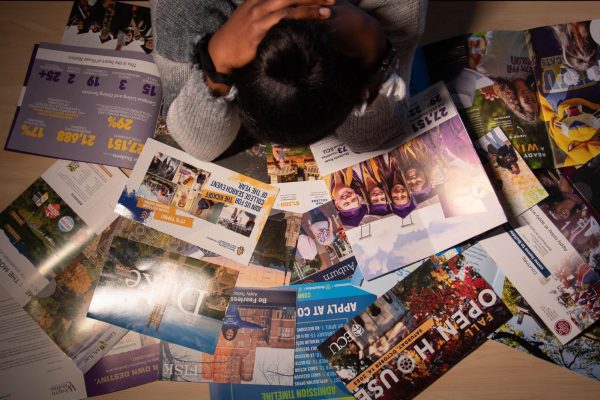Time for East Meck to shut down the ICC
April 3, 2017
East Meck allows new clubs to be formed at the beginning of every school year. Many students create their own clubs, but not all of them succeed. Students expect the only challenges will be the paperwork and convincing others to join. They do not expect the heavy burden from a mysterious, looming force: the ICC.
The Inter Club Council (ICC) requires a representative from each club to attend meetings once a month after school on set Tuesdays. At these meetings, all clubs receive updates about events from Congress. The clubs are also supposed to share anything they have planned and take notes of the meeting to inform the rest of their members. Clubs are put on probation if their representative misses a meeting or if they do not participate in the events. A club can even be shut down if they miss more than two meetings. It cannot be denied that there are advantages to having an ICC. The ICC meetings allow clubs to know what other clubs are planning and receive updates from Student Congress. The clubs can also work together for a good cause, as seen by the East Meck “Rice for Life” hunger drive.
But we can no longer ignore the flaws behind the ICC. For larger and more established clubs such as Project Unify and Dream Team, it is easier to meet the requirements put forth by the ICC. They can easily send another member to a meeting if the original representative can’t.
This is harder for newer clubs who are still reaching out for members. The ICC also requires clubs to join in on homecoming and campus beautification events or face probation. Once again, larger clubs have more people to work on decorating a door or cleaning up the school on a Saturday. Small clubs struggle in getting two members for campus clean-up, when students can only sign in under one club.
This is all assuming the founder of the club filed the paperwork in time. What happens to the group of students who find a passion in figure skating in November? They have to wait almost a year to form a club because the ICC will not allow them to join the meetings.
Many high schools do not have an ICC and their clubs still operate in a functional manner. East Meck continues to have an ICC due to tradition, as the school has had one for decades. But we must admit that the disadvantages of having an ICC now outweigh the benefits.
In our opinion, East Meck no longer needs an ICC. Newer clubs have a hard time staying afloat against already established ones. When various tasks are assigned by the ICC-many which do not help the actual club- new founders must scramble to complete them. These students should not worry about their club facing probation over a decorated door or a dish with beans and rice. It is now time for clubs to rise against the ICC and shut it down, instead of the other way around.







